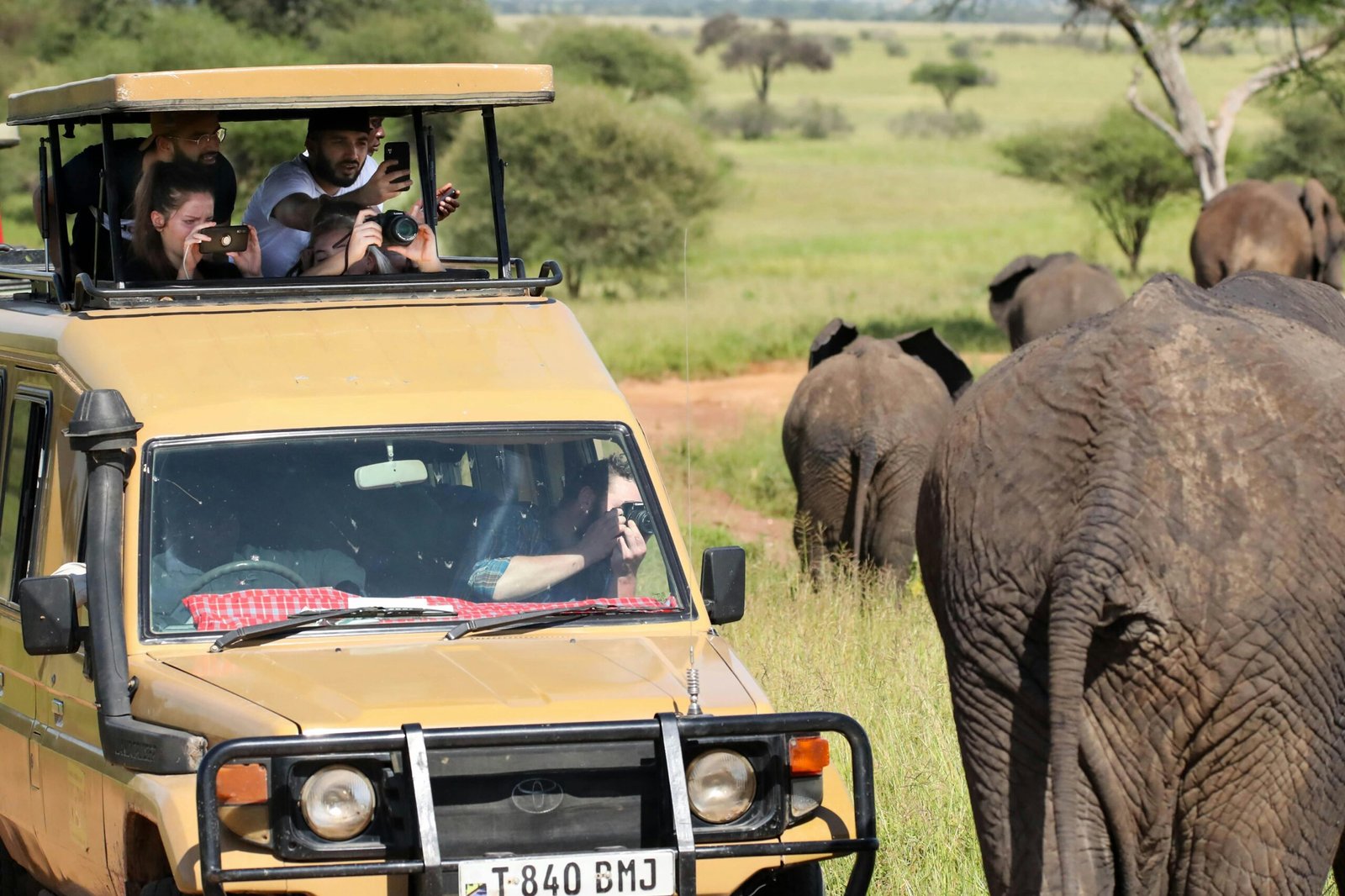
How to Travel Tanzania Ethically: Tips for Conscious Tourists
Tanzania, with its sweeping savannahs, iconic wildlife, towering mountains, and rich cultural heritage, is a dream destination for many. From the Serengeti plains to the beaches of Zanzibar, the country offers awe-inspiring experiences. However, with tourism playing a major role in its economy, it’s more important than ever for travelers to consider the ethical implications of their journey.
Ethical travel isn’t just a trend—it’s a responsibility. It ensures that your adventure contributes positively to the environment, the local people, and the cultural integrity of the region. If you’re planning a trip to Tanzania and want to make sure your footprint is a mindful one, here are some essential tips to guide your journey.
1. Support Locally-Owned Businesses
One of the most direct ways to make a positive impact is by choosing local. Whether it’s accommodation, tour operators, restaurants, or souvenir shops—look for businesses owned and operated by Tanzanians. This helps keep tourism revenue within local communities and supports economic development.
Seek out locally-run lodges, family-owned guesthouses, and community-based tourism initiatives. Not only will you enjoy a more authentic experience, but you’ll also be helping local entrepreneurs thrive in a competitive market.
2. Respect Wildlife and Natural Habitats
Tanzania is home to some of the most renowned wildlife destinations in the world, including Serengeti National Park and the Ngorongoro Crater. However, the increasing number of safari tours can put pressure on wildlife and ecosystems.
Choose ethical safari operators who follow conservation rules—such as keeping a safe distance from animals, limiting vehicle numbers around sightings, and avoiding off-road driving. Avoid any activities that involve direct contact with wild animals, like petting or walking with lions, as these often exploit animals for profit.
Remember, observing wildlife respectfully is not just better for the animals—it’s also safer for you.
3. Learn and Honor Local Cultures
Tanzania is incredibly diverse, with over 120 ethnic groups and a variety of languages, customs, and traditions. Engaging with local communities respectfully can enrich your trip and foster cultural exchange. However, it’s essential to approach this with humility and mindfulness.
Before visiting a village or community, go with a knowledgeable guide who can facilitate respectful interactions. Always ask permission before taking photos of people, and dress modestly in rural areas to respect local norms. Avoid treating cultural encounters as performances—every interaction should be built on mutual respect.
4. Choose Responsible Tour Operators
Not all tour operators are created equal. Look for companies that actively engage in responsible tourism practices. This includes fair wages for guides and staff, eco-friendly accommodations, low-impact itineraries, and a commitment to giving back to the communities they operate in.
Do your research. Read reviews, ask questions, and don’t be afraid to inquire about a company’s sustainability policies or community partnerships. Transparent operators will be proud to share their ethical commitments.
5. Offset Your Carbon Footprint
Long-haul flights and vehicle-heavy safaris contribute to your carbon emissions. While avoiding all environmental impact is impossible, you can reduce your footprint by traveling overland when possible, flying direct routes, and choosing eco-lodges that utilize renewable energy or conservation programs.
Consider offsetting your carbon footprint through reputable platforms that invest in reforestation or clean energy projects. Even small actions—like using a reusable water bottle or reducing plastic usage—can make a difference.
6. Be Mindful When Giving or Donating
It’s natural to want to give back when traveling through a country where poverty is visible. But handing out money, sweets, or gifts—especially to children—can encourage dependency and disrupt community dynamics.
Instead, support long-term initiatives. Donate to vetted NGOs or community projects that are addressing systemic challenges through education, healthcare, and sustainable development. If you want to volunteer, research carefully—ethical volunteerism means contributing in a way that respects local needs and builds capacity, not just fulfilling a tourist desire.
7. Say No to Exploitative Experiences
Avoid attractions that exploit people, culture, or animals. This includes forced cultural performances, wildlife photo ops, or visiting so-called “orphanages” which may be run unethically. Just because something is available to tourists doesn’t mean it’s respectful or right.
A good rule of thumb: if the activity feels like it’s commodifying suffering, culture, or nature, it probably is.
8. Educate Yourself Before You Go
Ethical travel begins before you arrive. Take time to learn about Tanzania’s history, environment, and social dynamics. Understand the challenges communities face, and the efforts being made to overcome them.
Being informed helps you avoid inadvertently offensive behavior and allows you to engage in more meaningful ways. It also shows respect for your hosts and helps you become a more aware, intentional traveler.
Final Thoughts
Traveling ethically in Tanzania is not about perfection—it’s about making conscious choices that respect people, wildlife, and the planet. Every decision, from who you travel with to how you engage with locals, has an impact.
When you approach your Tanzanian adventure with empathy, curiosity, and responsibility, you not only enrich your own experience—you also help preserve the beauty and authenticity of this incredible destination for future generations.
So go ahead and explore Tanzania’s magic—but do it with a heart full of respect and a mind focused on sustainability. Ethical travel isn’t just a path—it’s a powerful way to change the world, one journey at a time.




